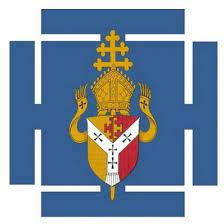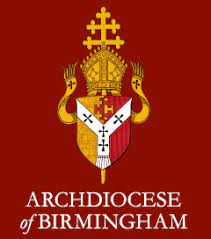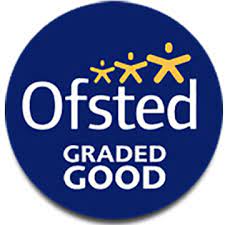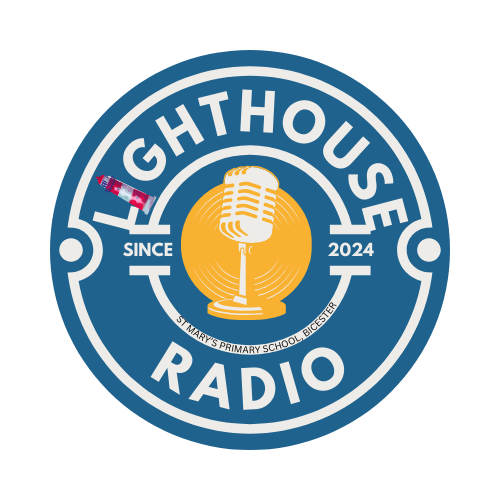Science
Intent
At St Mary’s Catholic Primary School, we believe that a high-quality science education is essential for all children. Science has changed our lives and is vital to the future of the world, and all pupils should be taught essential aspects of the knowledge, methods, processes and uses of science. Through building up a body of key foundational knowledge and concepts, pupils should be encouraged to recognise the power of rational explanation and develop a sense of excitement and curiosity.
Children should be encouraged to understand how science can be used to explain what is occurring, predict how things will behave and analyse causes. We have seen this year, more than ever, how much we rely on science to explain and provide solutions to issues that we face in the world and, where appropriate, we aim to make links to this through our science teaching.
At St Mary’s, we use science to enable children to make sense of the world around them by using many skills: observing, measuring, predicting, experimenting, interpreting, explaining and evaluating. Staff ensure that children experience high quality teaching and learning. Scientific vocabulary is a key part of our curriculum, improving children’s understanding in the classroom but also allowing them to transfer this to the world around them.
We intend for all children to benefit from a wide-ranging curriculum that allows them to learn about the world around them. We intend for all children to be able to see links between their learning in science lessons and their own experiences in the real world. We aim to expose children to information and experiences that they may not get outside of the school environment, such as planning and carrying out their own investigations, outdoor learning and visits to a science museum. During 2020-21, the experiences we can provide are limited, however we remain committed to ensuring that children have a range of experiences both inside and outside of the classroom.
Implementation
To ensure high standards of science teaching across the school, we implement a curriculum which is progressive. Teachers are supported by a range of resources to ensure that the objectives of the National Curriculum and ‘Understanding of the World’ in EYFS are met. Science is taught in discrete units in each year group to ensure progression, however, where appropriate, links are made with other areas of the curriculum.
We provide all children with rich learning experiences that will prepare them for life in the modern world to allow them to gain a growing understanding of scientific ideas and develop their use of scientific language.
To ensure that science teaching is at a consistently high standard across the school, the subject co-ordinator will watch lessons and monitor planning and books. There are often key priorities to focus on for this and they will lead to discussions between staff to identify any next steps.
Impact
The intended impact of this is to ensure that children understand the relevance of what they are learning and its relation to everyday life. It is also intended for children to see that there are many varied opportunities in science (as well as in the STEM industry as a whole) and that they could follow that career path if they choose, regardless of their background. In addition, we measure the impact of our curriculum through the following methods:
- Assessing children’s understanding of topic linked vocabulary.
- Summative assessment of pupil discussions about their learning.
- Images and videos of the children’s practical learning, often accompanied by the child’s own narrated explanation.
- Interviewing the pupils about their learning (pupil voice).
- Teacher assessment of key skills.
- Annual reporting of standards across the curriculum.
St. Mary's Whole School Progression Map Science





